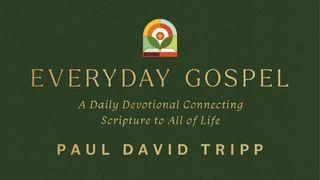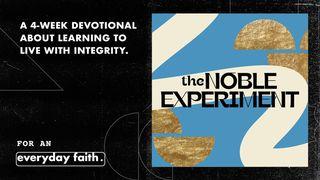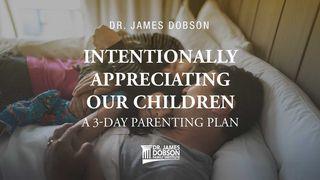5 Days on Love: A Study From LogosSample

"What Love Can’t Mean"
One of the ways you learned the meaning of English words as a child was by noticing not just what your parents said, but what they never said:
It’s a pretty good bicycle, but it has only two wheels.
She’s a great mother, especially for someone who has never had any children.
English speakers intuitively know that these sentences are “linguistically anomalous”—they make no sense. A bicycle, by definition, has two wheels. A mother, by definition, has children. If you heard someone say these things, you’d probably have to conclude that the first assertion was a joke and the second an insult. You couldn’t process them as straightforward declarations of fact.
So why do Christians follow up statements like no. 1…
1. Love is a self-sacrificial, uniquely Christian commitment to do what is best for others regardless of how you feel or whether they deserve it.
…with statements like no. 2?
2. Do not love the world, or the things in the world, or the love of the Father is not in you.
If love (again, the Greek word agape) means all those things in no. 1, then no. 2 makes no sense. You’re saying love is a bicycle with three wheels, a mother without children. You can’t sinfully “love” worldly things if “love” is inherently giving and non-emotional. Emotionless love is a married bachelor. You can’t have no. 1 and no. 2.
As for me and my house, we’re sticking with the Bible verse and dropping the made-up definition, a definition that, the great C.S. Lewis said, “has crept in from Kant and the Stoics and is no part of the Christian faith.”
As we saw yesterday, whatever “love” means in the Bible, good and bad people do it, and good and bad people love good and bad things.
When you study Scripture, you don’t need to load up biblical words with as much theological meaning as possible. As one wise Greek expert said to a group of pastors-in-training, “If you can’t make your point out of the sentences in the English Bible text, it probably isn’t worth making.”
There is incredible value in knowing Greek and Hebrew, but that value does not consist in some supposed access into what Bible words “really” mean. More frequently, Greek and Hebrew are a check, letting you know what some biblical statement just can’t mean. Agape can’t mean statement no. 1.
Do you want to know what “love” means in the Bible? Then my suggestion is that you forget you ever knew that there are four Greek words for love. (My apologies to my literary hero, C.S. Lewis, whose book The Four Loves is still full of insight.)
Instead of focusing on the “hidden meaning” of biblical words for love, read the sentences and paragraphs and stories in Scripture that discuss or exemplify love. The greatest demonstration of love in history, the death of Jesus Christ for human sin, is told in the Gospels without a single use of any word for love. If you want to know what love is, read that. Look for love there as you read today.
Scripture
About this Plan

"Love" is one of the top-ten most looked-up words at Merriam-Webster.com. But the editors there wisely commented: "We’re guessing that many people arrive at our site with a question—'what is the meaning of love?'—that actually requires answers beyond a dictionary definition." They’re right. We need to look to the Bible. Let’s spend 5 Days on Love in a study by Logos Bible Software.
More
| We would like to thank Logos for providing this plan. For more information, please visit: https://www.logos.com/grow/bible-word-study-love/ |
Related Plans

Everyday Gospel: A Daily Devotional Connecting Scripture to All of Life

Mandates for Men: Serve Others

Our Hope

In Her Image: Character Study of the Proverbs 31 Woman

Journey With Jesus 365

Take the Wisdom Challenge: 31 Days in Proverbs Together

The Noble Experiment

Intentionally Appreciating Our Children: A 3-Day Parenting Plan

Sound of Heaven: A 6-Day Devotional by Danny Gokey
